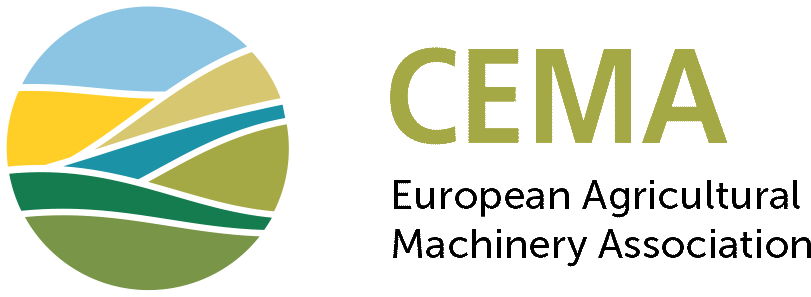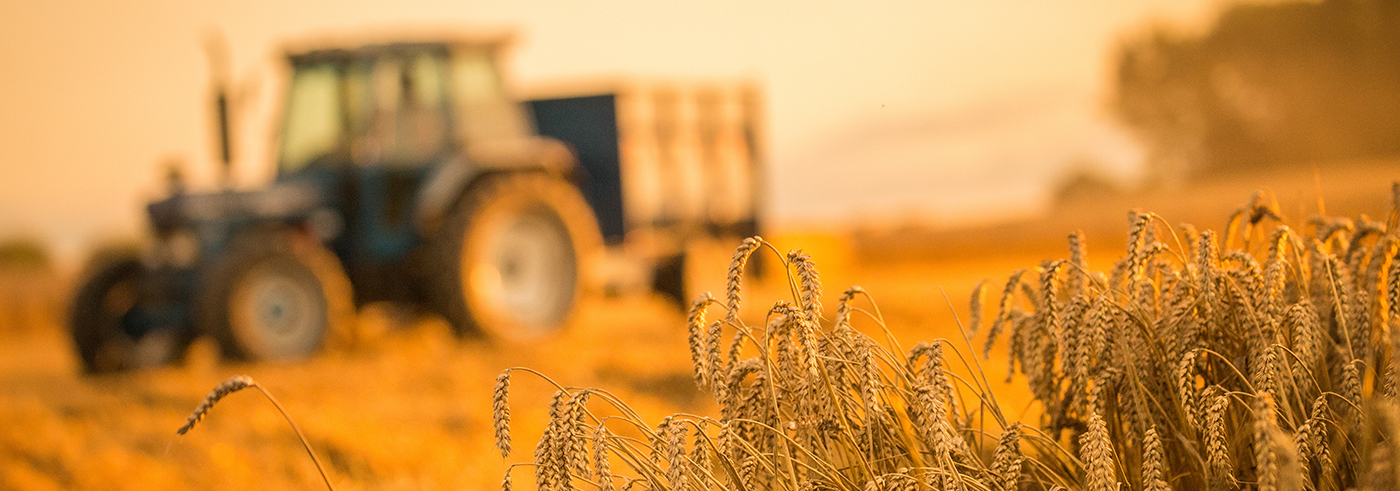CEMA and EPBA launch joint effort to aid bee-friendly farming practices through training and innovation
Brussels, 7 April 2014 – CEMA and EPBA have decided to explore opportunities for co-operation in training and innovation, with the aim of promoting the deployment and development of technical innovations that support bee-friendly farming practices.
The European Professional Beekeepers Association (EPBA) welcomes the chance to explore with the European Agricultural Machinery Association (CEMA) ways to share best practices and leverage new technologies that enable farmers to minimize the impact of farming operations on honeybees and other pollinators.
Both organizations will join forces to identify opportunities to promote bee-friendly farming methods and will recognize exemplary progress through an innovation award.
Both organizations agree that precision farming holds the promise to reduce the environmental footprint of agricultural production. For this reason, both organisations will provide training materials on how to use state-of-the-art agricultural machinery in bee-friendly farming systems and to raise awareness of new technologies as they become available. In addition, CEMA and EPBA will aim to identify specific areas in which innovation could further help to reduce pressure on bees.
Such areas may include minimizing pesticide use through more precise application technologies, the reduction of bee losses with the help of new mowing and harvesting techniques in certain crops, or the uptake of more advanced and precisely targeted weed and pest control measures.
CEMA and EPBA will also present this initiative to the European Commission's Directorate General for Research in order to explore synergies between funding directed towards research on bee health and research on precision farming, which have not been connected until now.
"CEMA is keenly aware of the need to protect pollinators in agriculture", said Gilles Dryancour, President of CEMA. "Our members are investing in research and development for the future of agriculture. Without any doubt, the future of agriculture depends on bees' health".
"The farm equipment manufacturers have already made a significant investment in precision farming and continue to innovate not only towards higher efficiency", said Walter Haefeker, President of EPBA. "CEMA shows that innovation in agriculture is not limited to chemistry and biotechnology. In fact, the greatest contribution for a more sustainable future may very well come from members of CEMA leveraging the rapid technological advances to precisely target actions required to protect and cultivate crops."








